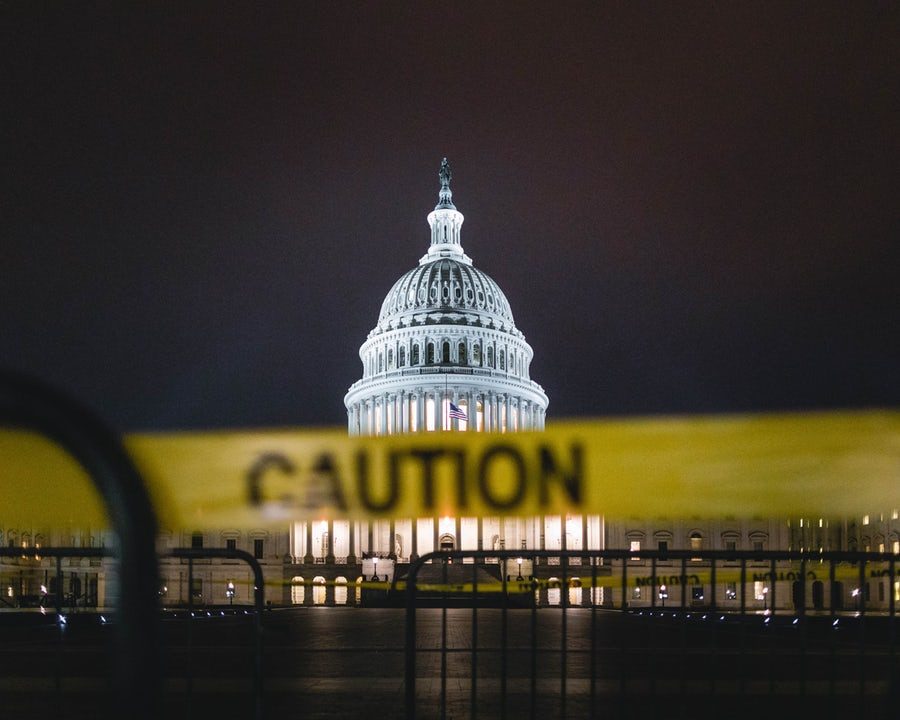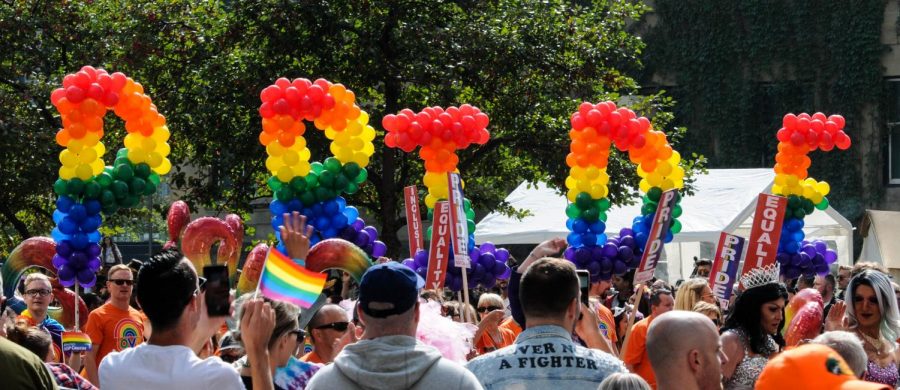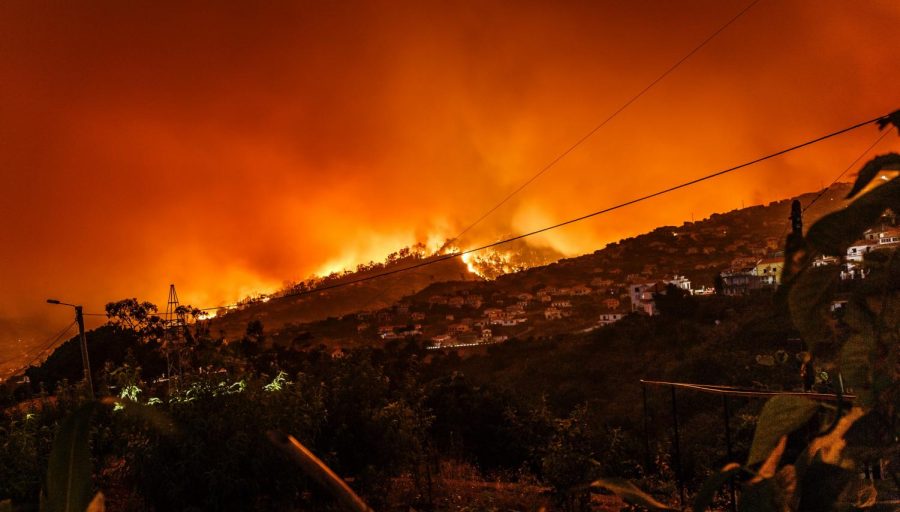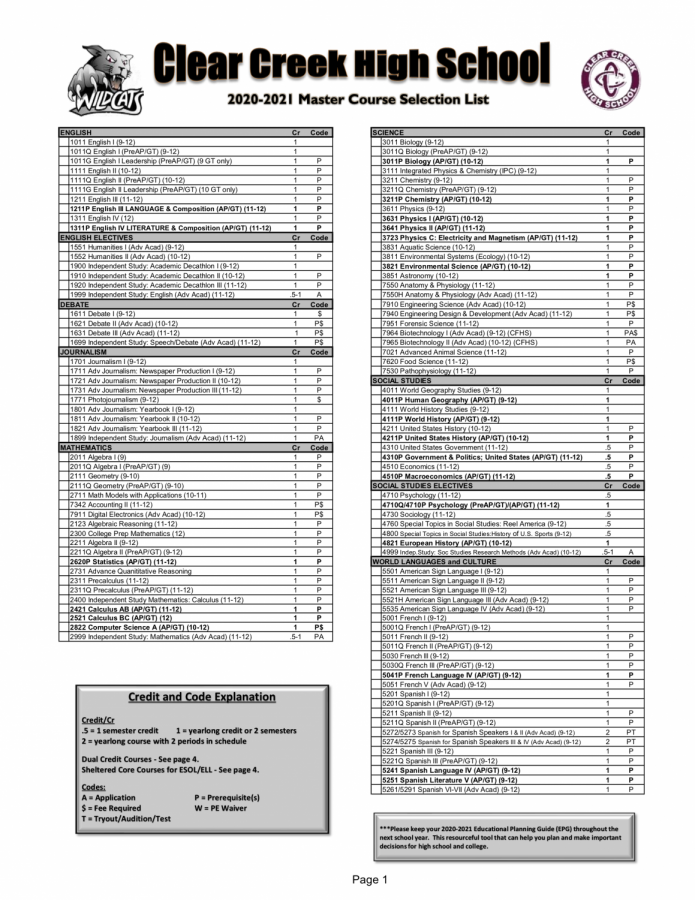The Faults of Social Media Activism
March 6, 2023
More recently, within the last few years, people have explored ways to communicate and collaborate through social media. Features of social media such as feeds, profiles, and groups that are on platforms, such as Tik Tok, Instagram, and Twitter, provide global access to organizations which promote and increase visibility by sharing and networking. The power of social media amplifies voices, instantaneously, spreads information, and increases collaboration; however, many people tend to advocate for social issues for the clout, attention, and approval it gets them, rather than whole-heartedly supporting the movements. This chase for attention causes the positive voice and coverage of social issues to fizzle out and dilutes messages by not consistently bringing attention to prominent issues around the world. In addition, people who jump on the bandwagon without thinking can also promote the spread of misinformation.
When people find the opportunity to speak out against injustice, they also have the responsibility to make sure their information is correct, which is easier said than done, especially for teenagers. Many students don’t take the time, energy, and knowledge to extensively fact-check every statistic they see on social media before reposting, creating the mass spread of misinformation, which can create turmoil and even incite violence in some cases.
According to the New York Times, a video that circulated around TikTok, Twitter, and other social platforms was a piece of misinformation regarding the Palestine and Israel conflict. In a 28-second video, which was posted to Twitter in May of 2021, by a spokesman for Prime
Minister Benjamin Netanyahu of Israel, Palestinian militants in the Gaza Strip appeared to launch rocket attacks at Israelis from densely populated civilian areas. At least that is what Netanyahu’s spokesman, Ofir Gendelman, said the video portrayed. However, his tweet with the footage, which was shared thousands of times as the conflict escalated, was not from Gaza. It was not even from May of 2021. Instead, the video that he shared was from 2018. Also, according to captions on older versions of the video, it proved the militants were firing rockets not from Gaza, but from Syria or Libya.
The effect of the misinformation was potentially deadly, because by spreading misleading information, causing more tension between Israelis and Palestinians, only inflames and creates suspicion and distrust, and in this case heightened the tensions between the two.
Another reason social media activism is flawed is due to the fact that many people, especially influencers, advocate for social issues online simply for clout and public acceptance which has been termed, “performative activism”, and is described as activism carried out more for personal gain than for the benefit of the cause. It is disguised to support movements including the Black Lives Matter movement, political gatherings, and LGBTQ+ rights because they are often the most spoken about, so influencers will jump on the bandwagon and perform their “activism”. Recent cases of police brutality have received a lot of media attention, thanks in large part to social media, and as a result, support for BLM is at an all-time high.
What followed was #blackouttuesday; where many individuals believed that posting a black square to promote BLM was sufficient activism. To avoid being labeled racist and to
demonstrate their concern, several people provided examples of their activity. There were more people that posted black squares, than people that signed the petitions for Ahmaud Arbery, Breonna Taylor, or George Floyd. Activism seemed to settle down after people determined that their “activism” was sufficient, and many influential people appeared to have forgotten the issue entirely. Influencers sought acclaim, public approval, and recognition for their activist performances.
Some may argue that even practicing “performative activism” helps raise awareness for a particular issue. Although this is true to an extent, advocating for a social issue ingeniously causes the awareness and voice of the movement to fizzle out, which is counterintuitive to advocating at all.
In order to make social media activism as effective and valuable as possible, people should fact check the information that circulates around social platforms in order to ensure that reposting certain information isn’t detrimental or adds violence to any given movement. Also, people should advocate for social issues constantly rather than only advocating when it’s “trendy”. This consistency will make social media activism effective, and will fuel the voice of social issues, which will help promote solutions for global issues.
















